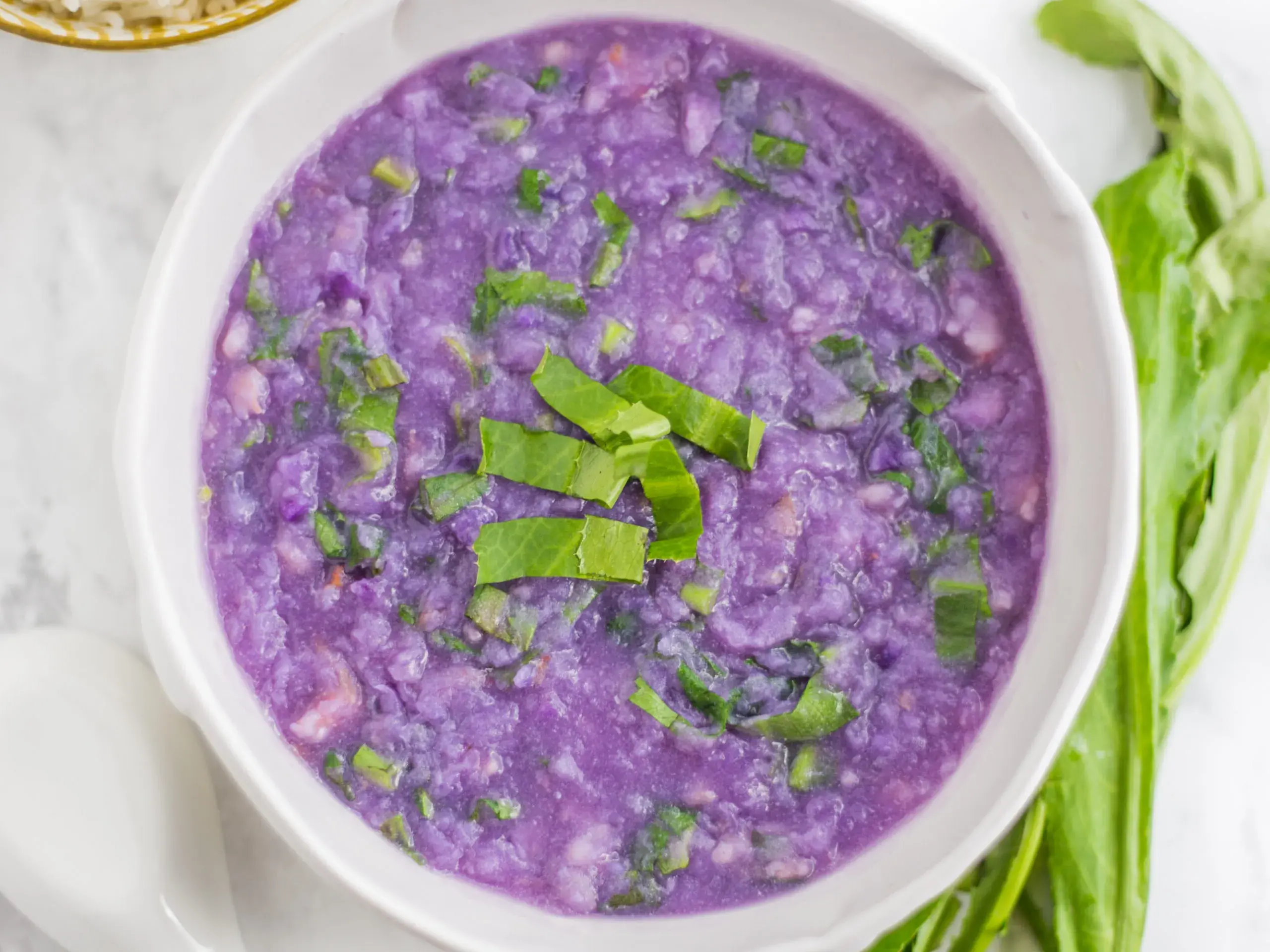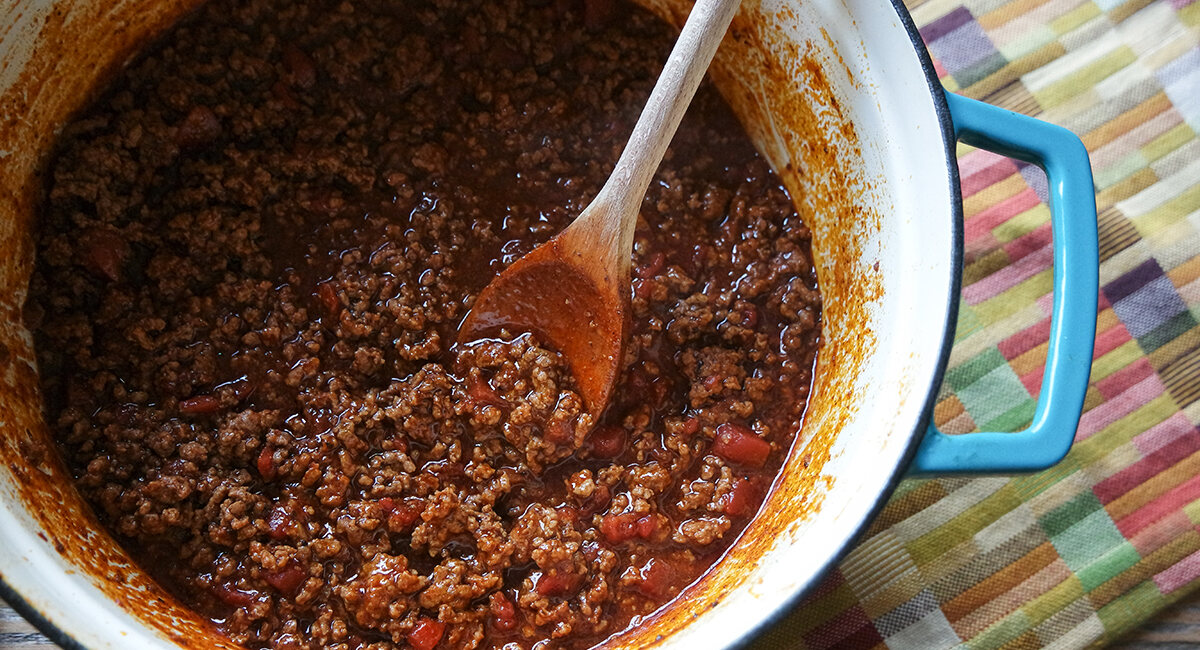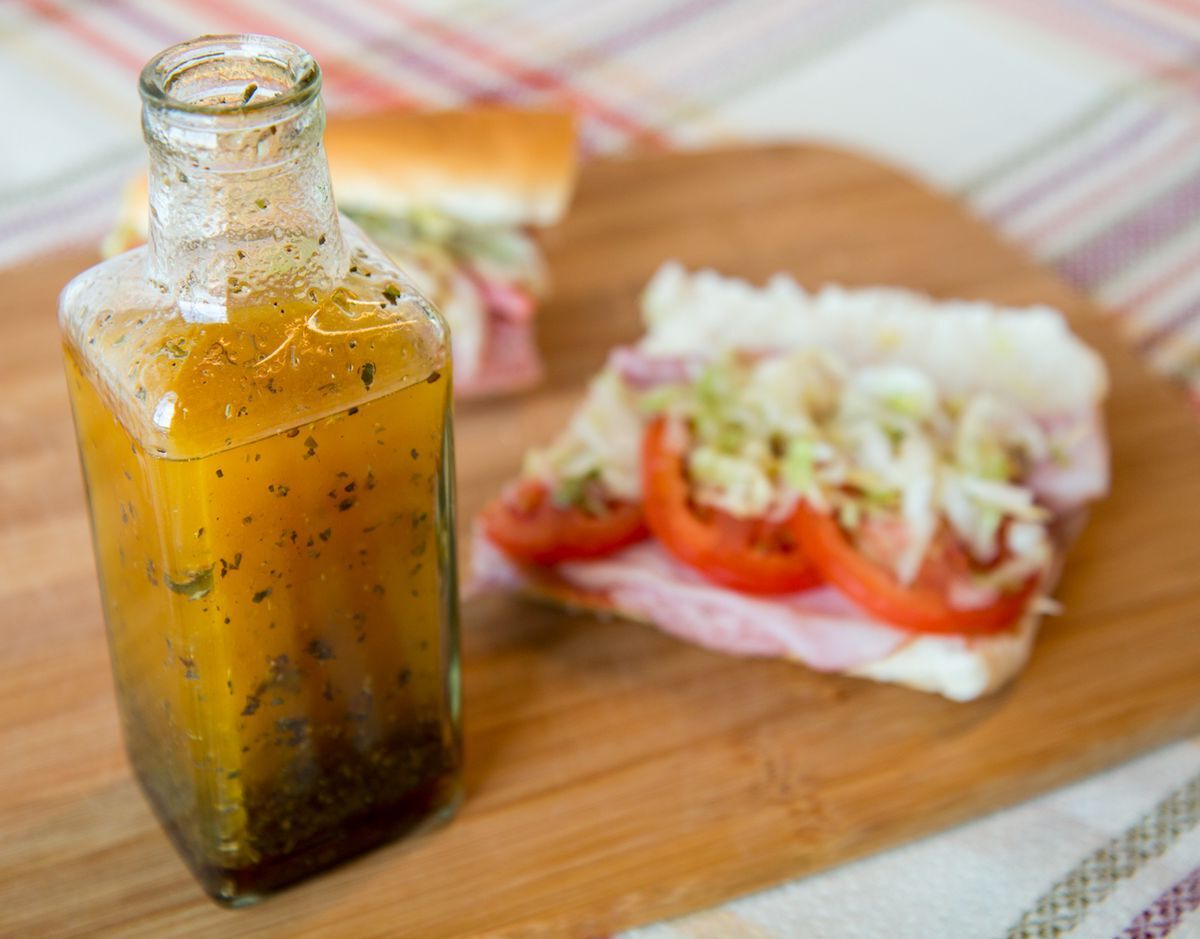When it comes to cooking and preparing delicious meals, vinegar is a staple ingredient that adds a tangy and acidic flavor to a wide variety of dishes. Two popular types of vinegar that are often used in cooking are white wine vinegar and white vinegar. While they may sound similar, these two vinegars have distinct differences that can impact the flavor and outcome of your culinary creations. In this article, we'll explore the characteristics and uses of white wine vinegar and white vinegar to help you understand the differences between these two pantry essentials.
White Wine Vinegar
White wine vinegar is made from white wine that has been fermented and oxidized. This process results in a vinegar with a light, slightly fruity flavor and a mild acidity. The production of white wine vinegar often involves aging the vinegar in wooden barrels, which can impart additional flavors and nuances to the final product. Here are some key points to know about white wine vinegar:
- Flavor: White wine vinegar has a delicate, nuanced flavor with subtle hints of the wine from which it is made. It is often less harsh and acidic compared to other types of vinegar.
- Uses: White wine vinegar is commonly used in salad dressings, marinades, and sauces. Its mild flavor makes it a versatile ingredient that can complement a wide range of dishes without overpowering other flavors.
- Color: As the name suggests, white wine vinegar is clear and colorless, with a transparent appearance that resembles white wine.
White Vinegar
White vinegar, on the other hand, is a clear, distilled vinegar that is typically made from fermented grains such as corn. It undergoes a distillation process that results in a sharp, acidic flavor with little to no residual taste from the original source material. Here are some key characteristics of white vinegar:
- Flavor: White vinegar has a strong, sharp flavor with a high level of acidity. It lacks the nuanced flavors found in white wine vinegar and is known for its pungent, sour taste.
- Uses: White vinegar is often used for pickling, preserving, and cleaning due to its strong acidity and neutral color. It is also a common ingredient in homemade cleaning solutions and can be used to add tanginess to certain recipes.
- Color: As the name suggests, white vinegar is clear and colorless, with a transparent appearance similar to water.
Key Differences
Now that we've explored the characteristics of white wine vinegar and white vinegar, let's summarize the key differences between the two:
- Source: White wine vinegar is made from fermented white wine, while white vinegar is typically made from fermented grains such as corn.
- Flavor: White wine vinegar has a delicate, slightly fruity flavor, while white vinegar has a strong, sharp, and sour taste.
- Uses: White wine vinegar is often used in cooking, particularly in salad dressings and marinades, while white vinegar is commonly used for pickling, preserving, and cleaning purposes.
Conclusion
In conclusion, while both white wine vinegar and white vinegar are types of vinegar, they have distinct differences in terms of flavor, source, and uses. Understanding these differences can help you choose the right vinegar for your culinary needs and ensure that your dishes have the perfect balance of acidity and flavor. Whether you're looking to add a subtle touch of acidity to a vinaigrette or preserve your favorite vegetables, knowing the characteristics of these two vinegars can elevate your cooking and culinary experiences.
Was this page helpful?
Read Next: What Is A Stand Mixer Dough Hook?











